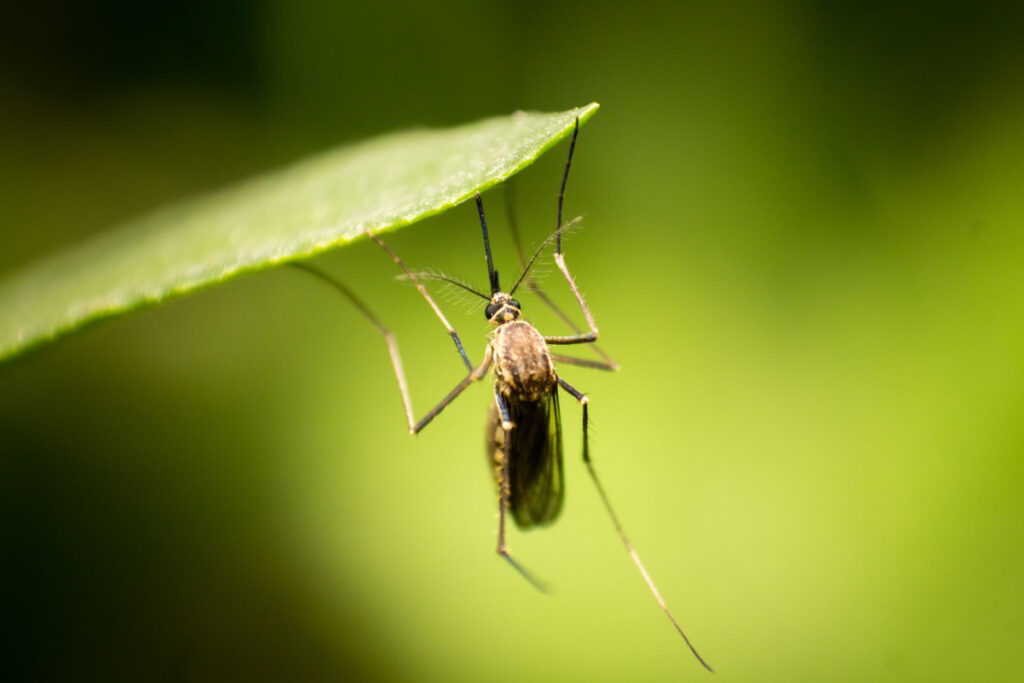
Wet and humid weather conditions are creating the perfect breeding ground for pesky mosquitoes, with Bundaberg Regional Council’s surveillance technology and trapping systems getting a workout recently.
In partnership with Queensland Health, Council officers undertake mosquito surveillance programs each year throughout the Bundaberg Region.
The two programs include both the use of trapping and DNA testing to help stop the spread of disease.
Health, Compliance and Enforcement portfolio spokesperson Cr May Mitchell said Council officers were kept busy after a wetter than average November, which had provided the ideal breeding ground for mosquitoes.
She said a mosquito trapping program, which included the use of DNA testing was important to keep track of the mosquito breeds and numbers in the region.
“The first is a mosquito trapping program; this allows council to monitor mosquito numbers, while a special card inside the trap is designed for the mosquitoes to feed on,” Cr Mitchell said.
“Any Ross River or Barmah Forest viruses that may be in their saliva are also caught on the card and these are sent away for DNA testing in a laboratory.”
The second mosquito monitoring program is surveillance of the Aedes aegypti, which is the primary vector of dengue in Australia.
“It involves enticing mosquitoes to lay eggs on a special strip,” Cr Mitchell said.
“The eggs then undergo screening in a laboratory to determine whether the eggs collected are from the target species.
“Both programs allow Bundaberg Regional Council to continue to develop, implement, evaluate, and review our mosquito management plan to protect the health of our community.”
Mosquito numbers typically spike after heavy rain or a king tide.
Looking forward to the summer weather forecast, the Bureau of Meteorology confirmed a La Niña will create a wetter than average season and prime conditions for mosquitoes.
While officers routinely spray and trap mosquitoes on some Council land in the region, there are also things residents can do around their own home to keep the pesky biters away.
This includes engaging the services of a qualified pest technician to conduct a barrier spray of their property or alternately they can purchase mosquito barrier spray products and apply around their home, particularly in and around entertainment areas such patios.
The most common backyard mosquito breeding habitats include damaged or unscreened water tanks, gutters and septic systems, unmaintained spa baths and pools, and plants such as bromeliads, or anything else that can hold water for more than a week.
By actively removing any ponding water and ensuring that water tanks are screened, gutters drained properly, and septic systems maintained, mosquito breeding will be reduced.





I reported stagnant water on my road a couple of weeks ago. It’s still there
Boreham Park trampoline is the perfect breeding ground. How wonderful.
I have decided to report this issue to the council.